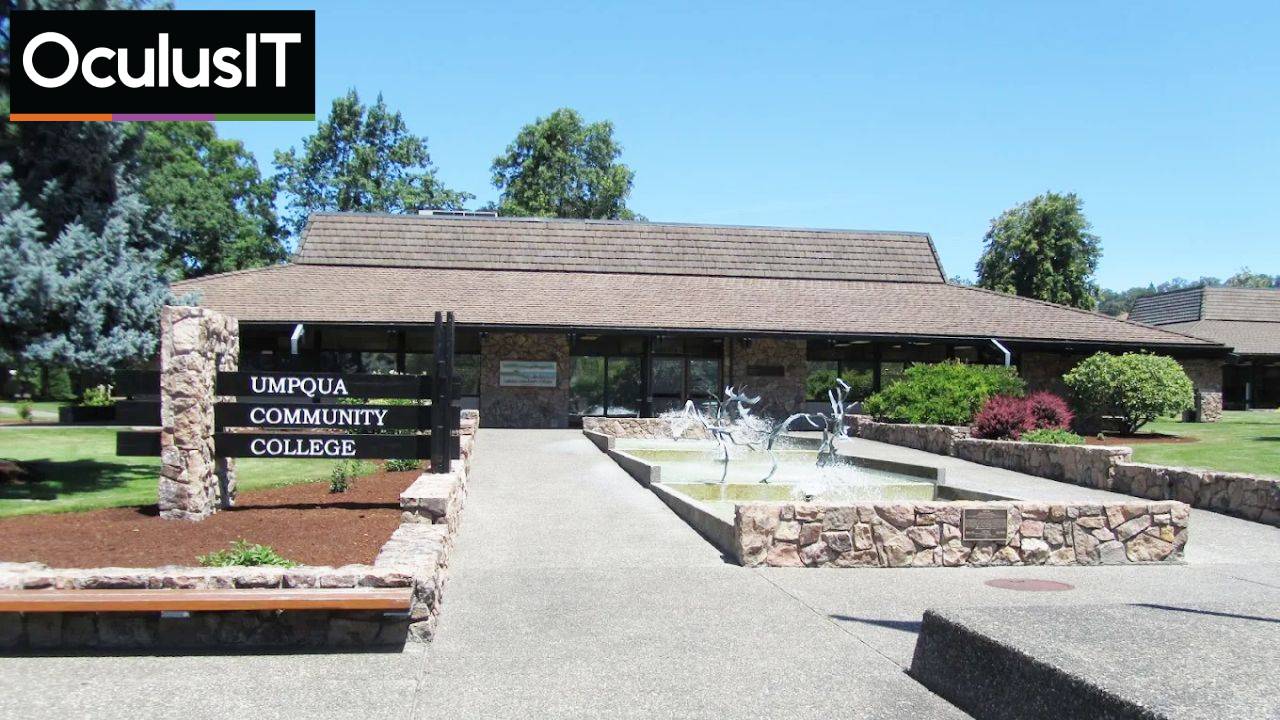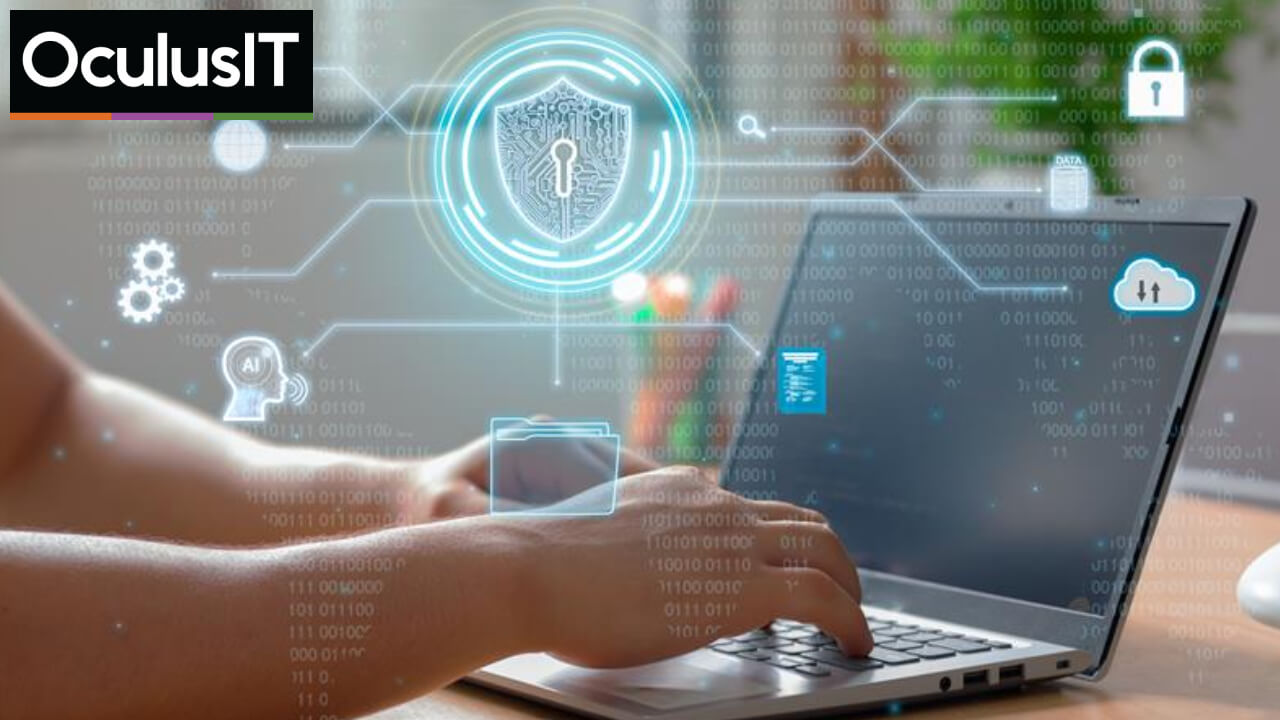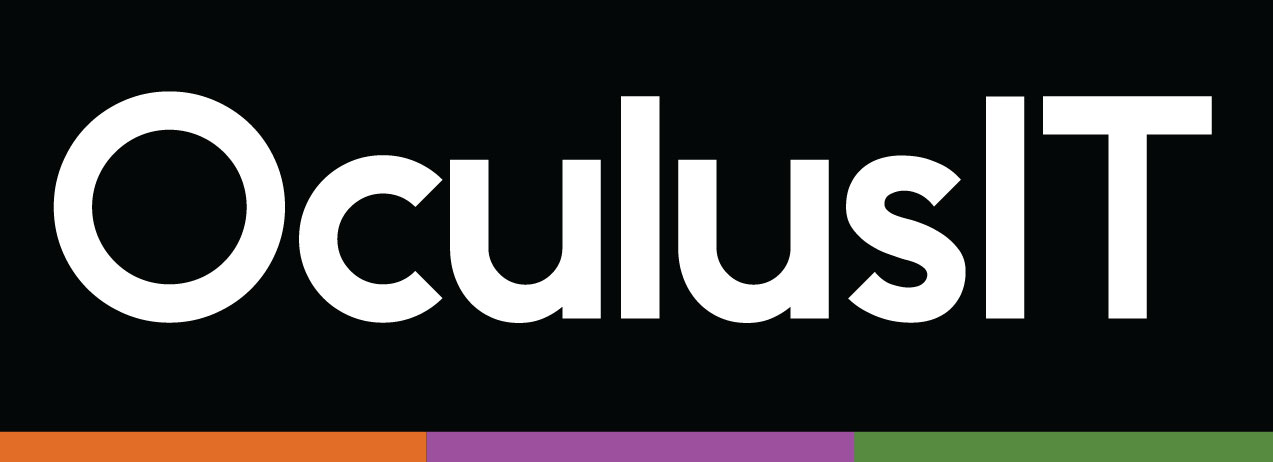
Rebuilding ERP Support in 2025: What CIOs Need Beyond Implementation
August 4th, 2025
Reading time: 4 Minutes
Many higher education institutions are not failing because of the ERP system they chose. They are struggling because what follows implementation often includes limited support, poor optimization, and overburdened internal teams.
The challenge is not always the platform itself. It is how that platform is supported, maintained, and aligned with evolving campus needs. As institutions modernize their digital infrastructure, CIOs are increasingly rethinking ERP support models to ensure long term value, stability, and performance.
Why ERP Issues Are Often Misdiagnosed
When faculty or staff raise concerns about their ERP system, it is easy to assume the software is the problem. But in many cases, the real issues stem from:
- Inadequate technical and functional support
- Delayed upgrades or failed integrations
- Underutilized modules that could streamline operations
- Limited in-house expertise after initial go live
Without consistent optimization, even the most advanced ERP system can become sluggish, fragmented, or misaligned with the institution’s workflows. Many colleges implement ERP with the expectation that it will evolve with them. In reality, most internal IT teams are too stretched to manage full lifecycle support while also handling daily operational demands.
The Hidden Cost of Under Supporting ERP
ERP is foundational to student records, financial aid, HR, and finance, yet it often lacks the post implementation resources needed to keep it running efficiently. This leads to:
- Manual workarounds and inefficiencies across departments
- Delayed reporting or incomplete data insights
- Higher risk of compliance issues and audit findings
- User frustration and decreased confidence in IT systems
What starts as a few minor issues can compound into systemic inefficiencies that slow down operations and impact student service delivery. For institutions focused on enrollment, retention, and agility, this operational drag becomes a strategic liability.
Why Colleges Are Moving Toward Managed ERP Support
In 2025, more colleges are shifting away from fully internal ERP management towards hybrid or outsourced models that provide 24×7 support, broad expertise, and scalable service levels. This approach brings several advantages:
Access to Specialized Talent
ERP platforms are continuously updated. Staying current requires expertise across modules, upgrades, and integrations. Managed support ensures access to professionals trained on system performance, configuration, and troubleshooting.
Improved System Stability
With proactive monitoring, patching, and performance tuning, institutions can avoid costly downtime or delayed upgrades. This keeps the ERP system aligned with institutional goals and evolving requirements.
Strategic Resource Allocation
By offloading repetitive maintenance and troubleshooting tasks, internal IT teams can focus on high impact initiatives like analytics, digital transformation, or student engagement.
Scalable Support Models
Institutions can expand or reduce support coverage based on seasonal workloads, implementation timelines, or staffing changes without long term commitments.
Support That Goes Beyond Routine Fixes
Forward thinking institutions are not just looking for someone to resolve ERP problems. They are seeking strategic partners who can guide optimization, streamline user experience, and ensure that ERP continues to evolve as institutional goals change.
This includes services like:
- Functional support for student, HR, and finance modules
- Workflow improvements to reduce manual intervention
- Integration with systems like learning platforms, reporting tools, and CRM
- Regulatory updates and compliance management
- Cloud migration planning and vendor coordination
When ERP support includes both functional and technical expertise, institutions can unlock new value from systems they already use.
What CIOs Are Prioritizing in 2025
Across higher education, IT leaders are reevaluating the way their ERP systems are supported. Not because the software is outdated, but because the traditional support model no longer meets institutional demands. The focus is shifting from ownership to optimization, from deployment to performance, and from reaction to strategy.
For institutions facing budget pressures, enrollment shifts, and growing compliance obligations, ensuring the ERP backbone is stable, supported, and scalable is no longer optional. It is essential to institutional success.
Ready to Strengthen ERP Support on Your Campus?
Is your institution ready to strengthen ERP support and unlock long-term value? Explore OculusIT’s ERP Managed Services to stabilize operations, improve user satisfaction, and scale confidently into 2025.
Recent Articles




How Colleges Leverage Summer to Upgrade IT Before Fall 2025
July 7th, 2025

Balancing Learning Analytics with Student Privacy in EdTech
June 30th, 2025






















